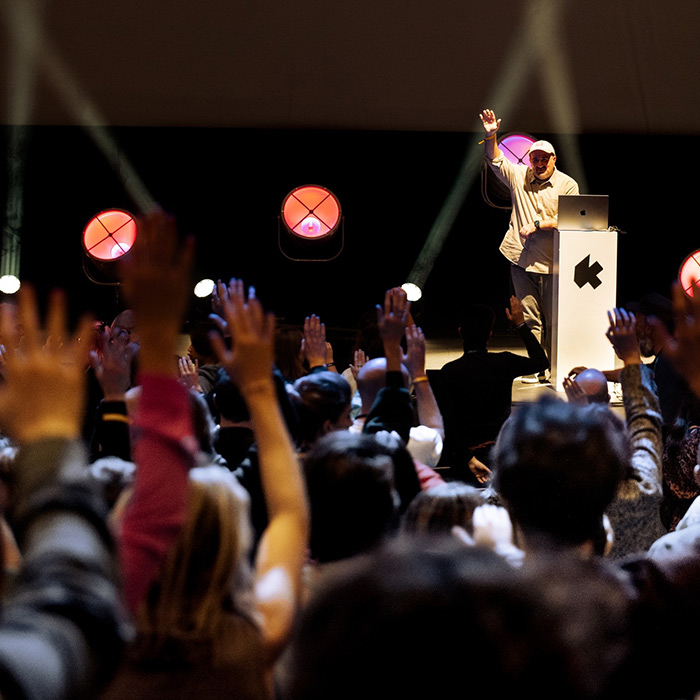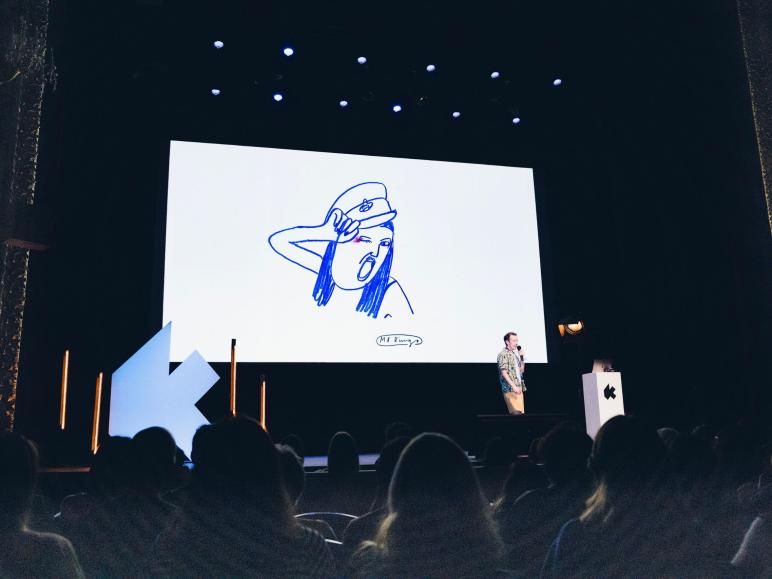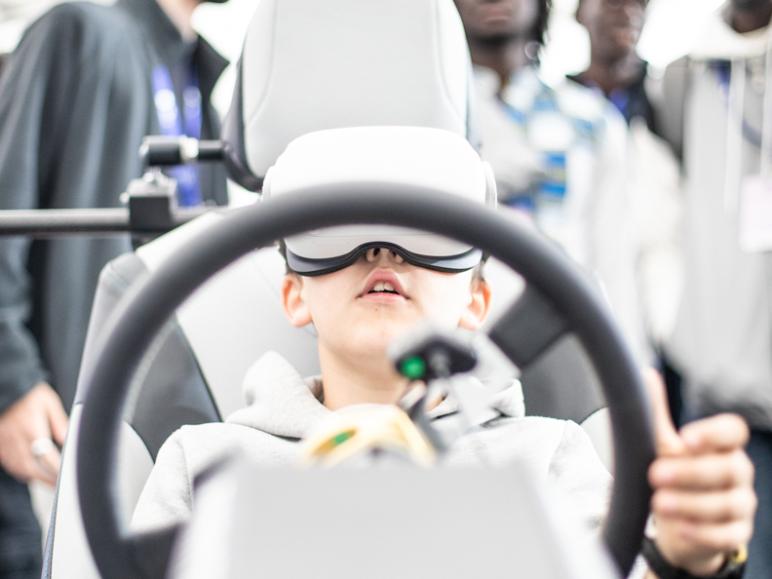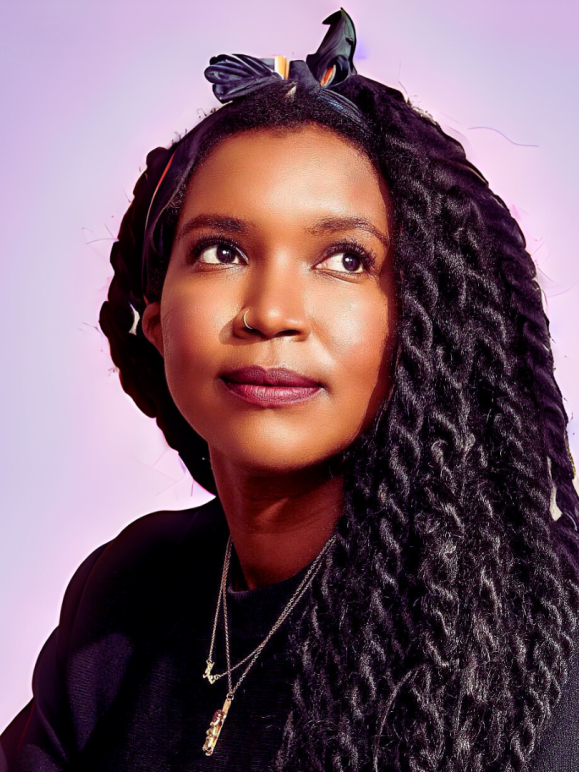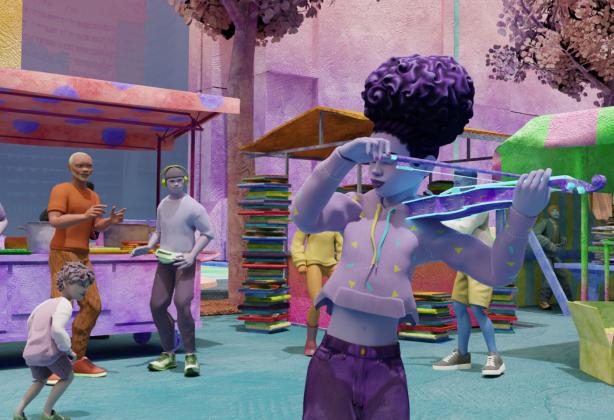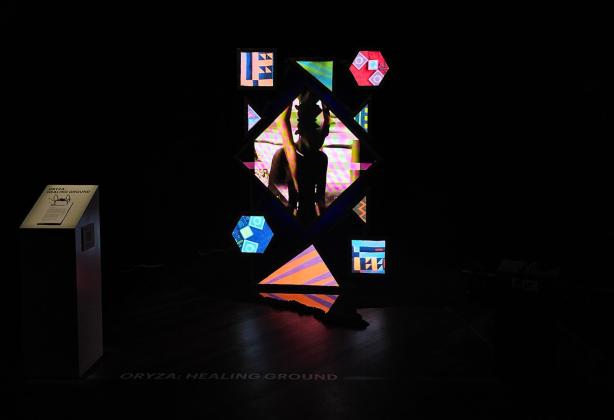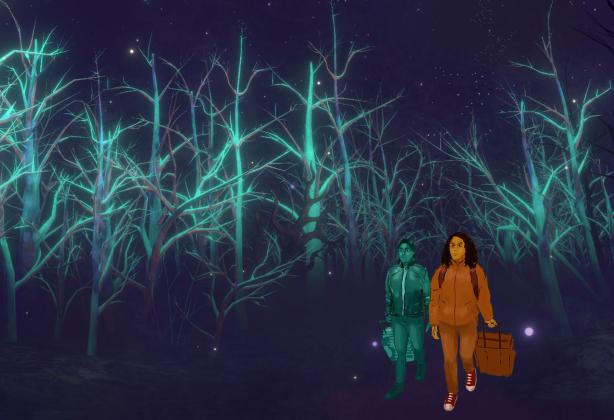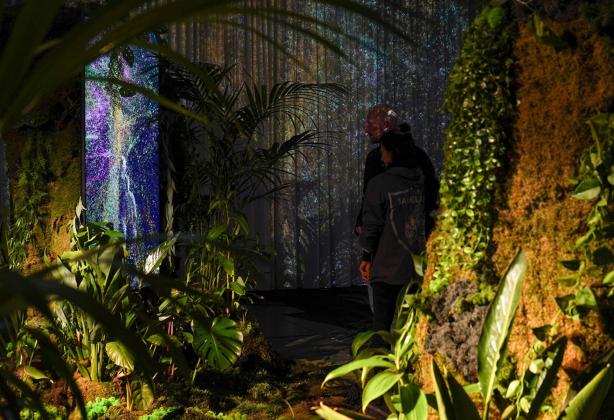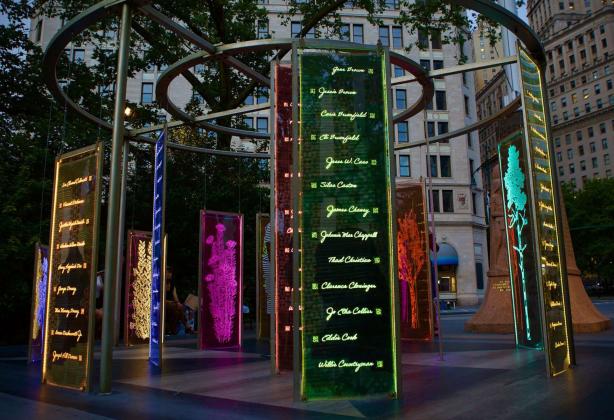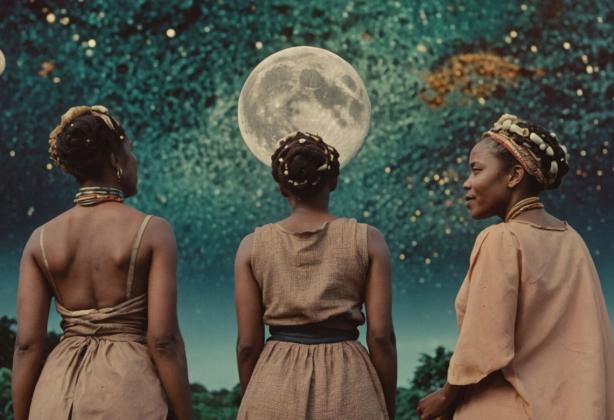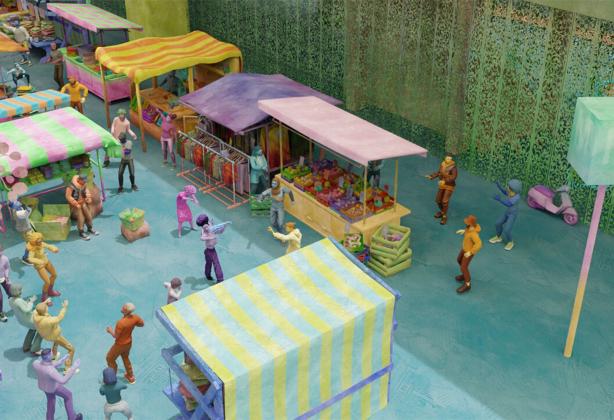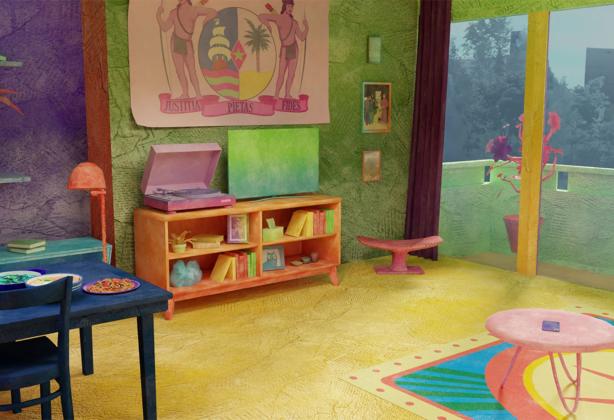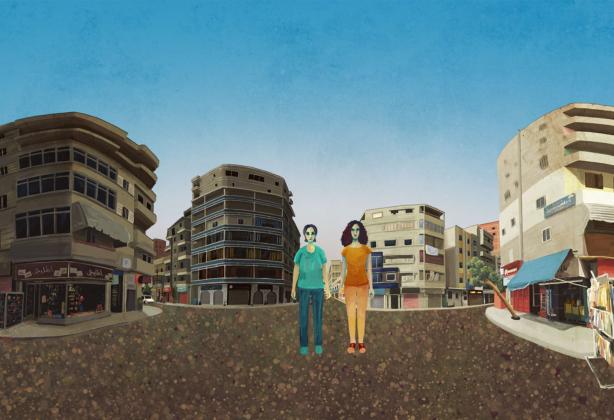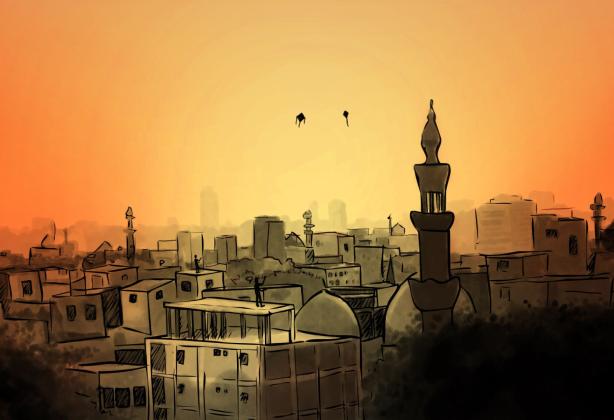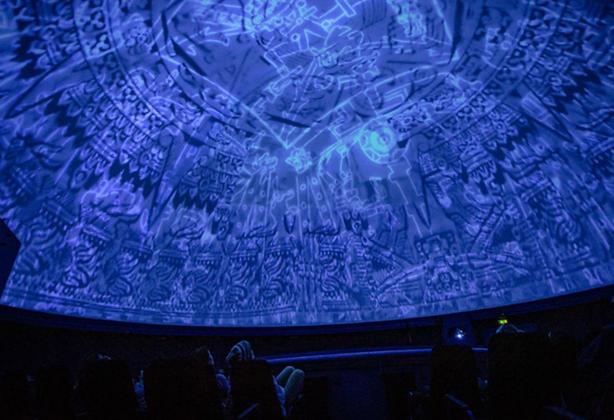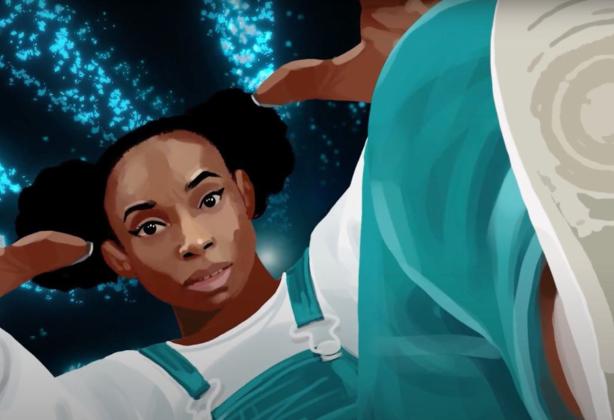Tamara Shogaolu
Tamara Shogaolu is an Emmy award-winning director, writer, and artist whose bold and visionary storytelling has been recognized by Forbes, The Guardian, and Vogue. With a background in film, animation, and emerging technologies, she creates immersive and boundary-pushing works that challenge traditional narratives and deeply connect with audiences worldwide. Her films and projects have been showcased at MoMA, Tribeca Film Festival, and IDFA, earning critical acclaim and numerous accolades.
Shogaolu’s directorial voice blends rigorous research with poetic storytelling, exploring themes of identity, resilience, and the intersections of memory and technology. Her latest project, Anouschka, an interactive storytelling experience reimagining history through the lens of a young girl traveling across time and cultures, being showcased at SXSW 2025. The project uses play as a tool for learning, critical thinking, and empowerment, inviting audiences to engage with history in a groundbreaking way.
Her accolades include a 2022 SXSW Innovation Award for Visual Media and the Best Digital Storytelling Award at IDFA 2021 and 2023. She has also been nominated for a Peabody Award and the Netherlands’ Gouden Kalf Award. Shogaolu holds an MFA from USC’s School of Cinematic Arts and is a Burton Lewis Endowed Scholar for Directing. She is currently a fellow at MIT’s Open Documentary Lab and an inaugural Academy Motion Picture Accelerator Fellow, with past honors as a Fulbright and Luce Scholar in Egypt and Indonesia respectively.
Ancestral Interfaces: Designing Stories That Remember
In a world where so much has been deliberately forgotten, storytelling becomes an act of survival.
Emmy Award-winning director and creative technologist Tamara Shogaolu shares how her immersive work—spanning film, AR, VR, and interactive media—uses storytelling to challenge erasure and imagine more just futures. Drawing from projects like Anouschka, an augmented reality game that invites children to unlock hidden histories through play, she explores how technology can serve as an interface not just for interaction, but for reconnection.
This talk unpacks what it means to design stories that remember—and why remembrance isn’t about the past, but about building futures rooted in social wellness, cultural truth, and collective imagination.


